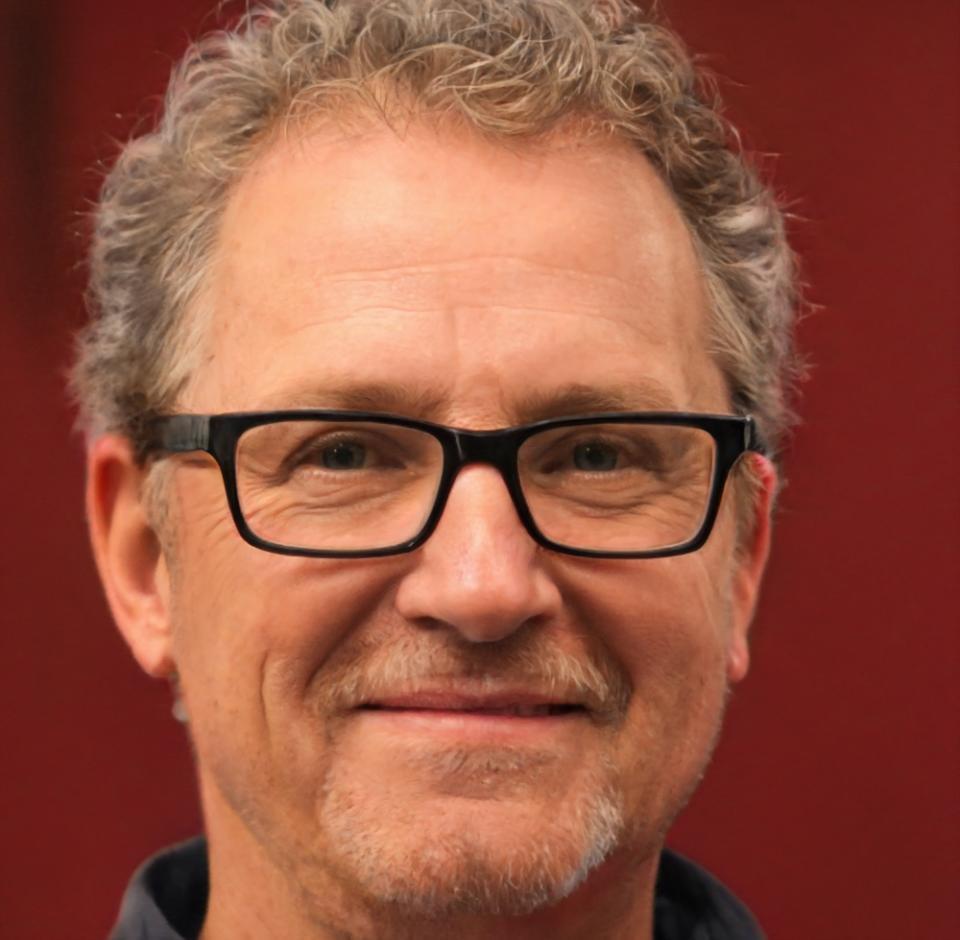How We Actually Teach Budget Management
Most budget courses throw spreadsheets at you and call it a day. We found that doesn't work for most people. Not because they can't handle numbers, but because managing money isn't really about arithmetic.
It's about behavior, habits, and understanding what you actually want from your financial life. That's what we focus on.
Our approach comes from years of watching what actually helps people stick to budgets. Turns out it's less about perfect tracking systems and more about building habits that feel natural to you.


Building from Where You Are
Understanding Your Current Reality
We start by mapping what's actually happening with your money right now. No judgment, no comparison to some ideal budget. Just an honest look at where your money goes and why. This usually reveals patterns you hadn't noticed before.
Identifying What Matters to You
Generic budget advice fails because your priorities aren't generic. We help you figure out what you actually care about spending money on versus what you're spending on out of habit or social pressure. This clarity changes everything.
Creating Systems That Fit Your Life
Once we know where you are and where you want to go, we build a system that works with your brain, not against it. Some people need daily check-ins. Others do better with weekly reviews. The method adapts to you, not the other way around.
Building Sustainable Habits
The final piece is making budgeting feel automatic rather than forced. We use habit-stacking techniques and environmental design to make good financial decisions easier than bad ones. Small changes that compound over time.
Three Pillars That Make It Work
Our methodology rests on three core principles that emerged from working with hundreds of people across different income levels and life situations. These aren't theories—they're what actually works.
Awareness Without Overwhelm
Tracking every penny drives most people crazy. We teach you how to monitor what matters without turning your life into an accounting exercise.
- Focus on high-impact categories first
- Use natural check-in points in your routine
- Spot problems early without obsessive tracking
- Balance precision with practicality
Flexibility with Structure
Rigid budgets crack under real-life pressure. We build in flexibility while maintaining the structure you need to make progress.
- Buffer funds for unexpected expenses
- Permission to adjust as life changes
- Clear guidelines without strict rules
- Room for both planning and spontaneity
Connection to Goals
Budget adherence improves dramatically when you can see how daily choices connect to things you actually want in life.
- Link spending decisions to personal values
- Visualize long-term impact of current habits
- Celebrate progress toward meaningful goals
- Stay motivated through clear purpose

The approach completely changed how I think about money. Instead of feeling restricted by my budget, I finally understand it as a tool that helps me spend on what matters and skip what doesn't. Took about six weeks before it clicked, but now it feels natural.
Putting It into Practice
Theory only gets you so far. The real learning happens when you start applying these principles to your actual financial situation.
We guide you through implementation with weekly exercises that build on each other. Each one takes maybe 20 minutes but gives you insights that stick around for years.
You'll spot patterns in your spending you never noticed before. Question assumptions you've held about money since childhood. And gradually build confidence in your ability to make financial decisions that serve your actual life, not some imaginary ideal version of it.

Oisín Fitzwilliam
Coordinates our budget education programmes and has helped develop the practical frameworks we use. Available for questions about how the methodology works in real situations.
Get in TouchTypical Learning Journey
Foundation Phase
Understanding your current relationship with money and identifying patterns in your spending behavior.
System Design
Building a personalized tracking approach that fits your lifestyle and mental load capacity.
Habit Formation
Establishing routines that make good financial decisions easier than poor ones through environmental design.
Ongoing Refinement
Adjusting your approach as life circumstances change while maintaining core principles that work.
Ready to Start?
Our next budget education programme begins in October 2025. We keep groups small so everyone gets individual attention as they develop their personal approach to financial management.
